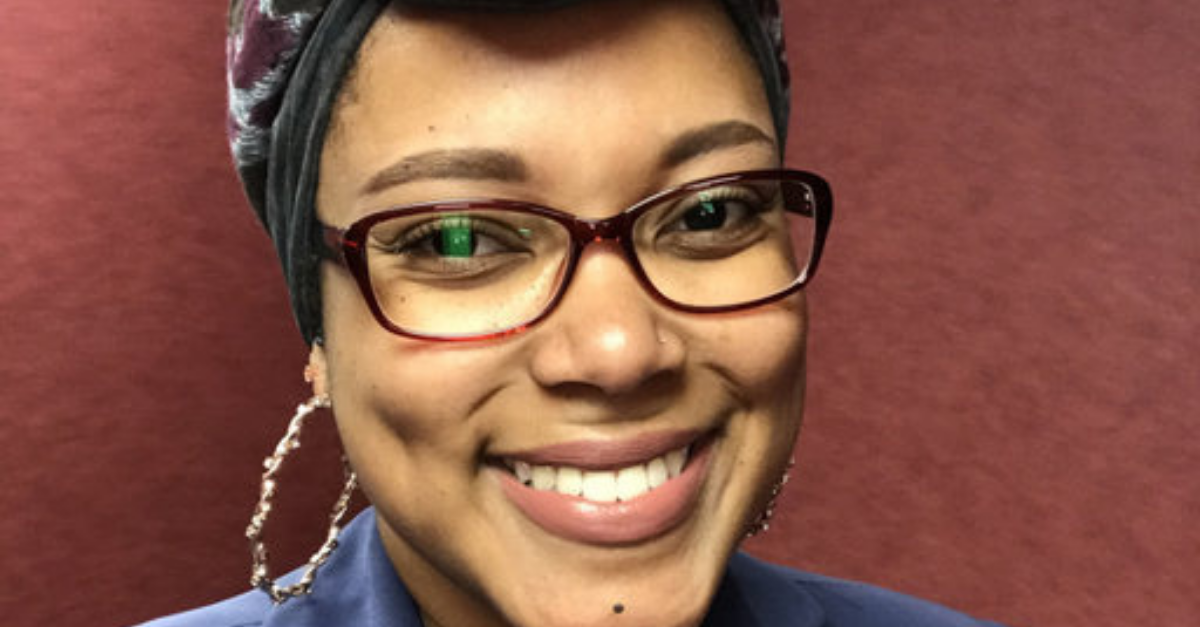When Toniqua Mikell graduates this spring, she will become the first Black woman to ever earn a PhD in Criminology and Criminal Justice from the University of South Carolina.
Mikell could have gone to law school like her peers but told Because Of Them We Can that she was alarmed by how few Black teachers she had. Her goal is to change all of that and become a mentor to other Black women looking to get into criminology and criminal justice.
“In all these years of school I can count on one hand the number of Black teachers I’d had. One in elementary school, one in college, and one in grad school. And only the elementary school one was a Black woman,” she said in her interview with Because Of Them We Can. She also noted that she was grateful to the other Black women who helped her along the way.
“Their collective support and inspiration has molded me into the kind of scholar, teacher, and mentor that I want to be. I know how important it is for me to be ‘the face that looks like me’ for the next Black student, especially young Black women. I have the opportunity to be that face this fall!”
Before getting her PhD from the University of South Carolina, she got her master's from the same school and her undergraduate degree from Winthrop University. She wrote her dissertation on the media’s portrayal of female sex offenders and intersectional criminology.
Mikell has already lined up a new job as an assistant professor at the University of Massachusetts Dartmouth. She's hoping to address a number of different issues through her teaching, including discrepancies in how justice is meted out. On a deeper level, she believes her presence as a Black woman will help others believe they too can get their PhD.
“Of course we all hope that our work changes the world. But truthfully, my greatest accomplishment is knowing that other Black women see me and know that a Black woman with natural hair, tattoos, and piercings has a PhD and is a college professor. So why not them?!” she said.
"I want my research to complement the work of other intersectional feminist scholars and activists. Making people pay attention. Forcing people to demand better."
